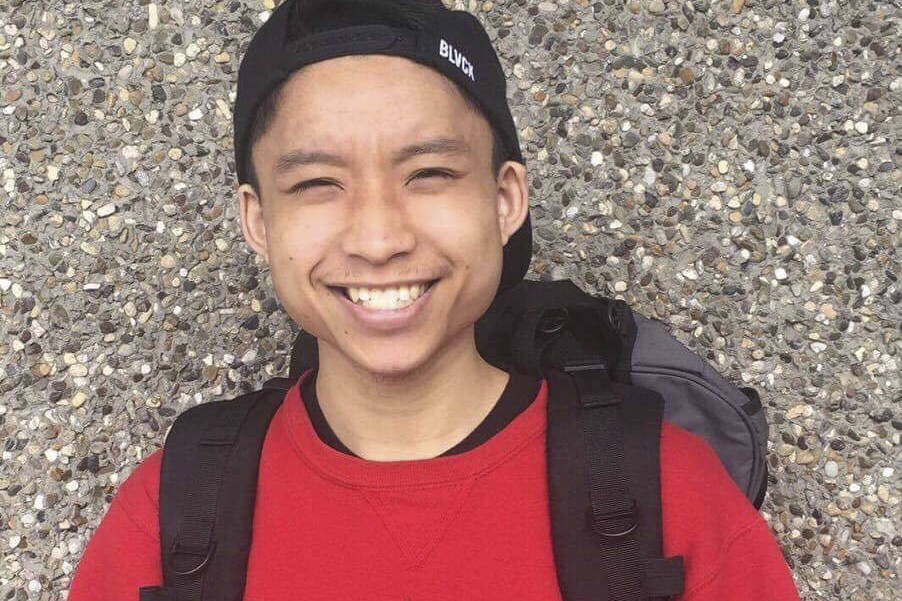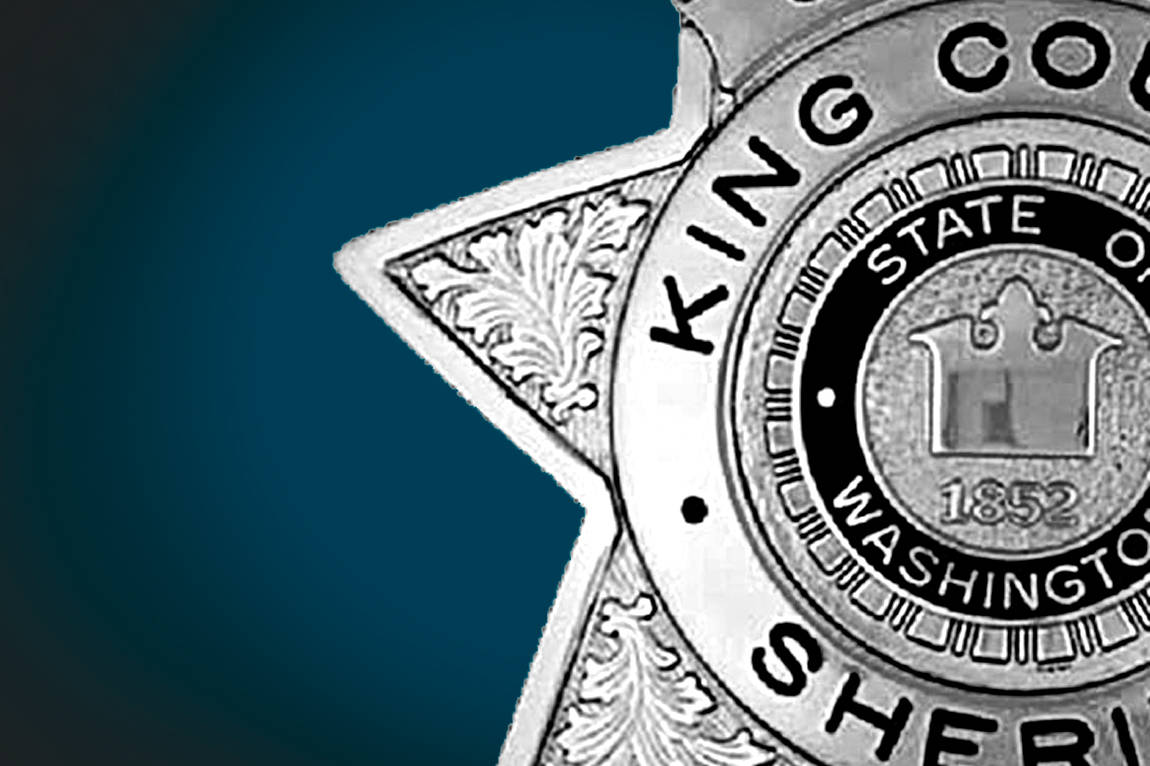The killing of Tommy Le by a King County Sheriff’s Deputy has left Seattle’s Vietnamese community grappling with how best to communicate their concerns about the case.
In the age of Black Lives Matter, when people are raising serious questions about deadly police force—especially against minorities—a tradition of not speaking out against authority has muted the community’s response to the shooting, even as BLM activists like Shaun King have taken up Le’s cause. The lack of conspicuous public protests stands in contrast to those surrounding the deaths of Charleena Lyles and Giovonn Joseph-McDade, both of whom have also been killed by local police in recent weeks. This is despite troubling aspects of Le’s case, not least being that Le was holding a pen when shot and killed in Burien June 13, not a knife as police believed.
However, members of the community are concerned, and say that efforts to find justice for Le could create a new paradigm for Vietnamese organizing. Specifically, a younger generation of Vietnamese leaders are taking the lead in organizing public meetings and directing other efforts to make sure Le’s case is not forgotten, all while staying cognizant of the nuances of Vietnamese culture.
Among the leaders is Yenvy Pham, a young restaurateur with the group Justice for Tommy Le. She says she and other young Vietnamese-Americans have looked to Black Lives Matter and other groups as examples for community organizing.
“We are new to this country, but within the four generations of being here, we have been inspired by the black community to be outspoken and face injustices,” she says.
When it comes to protests, “It’s just not done,” says Pham about Vietnamese-American culture. But that’s starting to change with her generation, who grew up with more stability than their parents were allowed. “We have the capability to be aware of our culture and the culture around us,” she says.
With that awareness, Pham and other young leaders have taken the lead in organizing a public hearing about Le’s death with Sheriff John Urquhart and other county officials on Wednesday (details of the meeting can be found here).
Tam Q. Dinh, who played a supporting role in the organization of the meeting, says the forum is a big step for her community, and agrees that public protest is not something that comes naturally to a community that escaped an authoritarian country.
“The first 40 years, we were just trying to blend in and not cause a ruckus,” Dinh says. She characterizes the general attitude of elders as: “Let’s be quiet. The nail that pops up gets nailed down, because that’s what happened in Vietnam with the communists.”
Le’s death has not been the only motivating force for organization in the community. A group named Viets Who Give a Shiet formed shortly after President Donald Trump’s election, and in addition to protesting the president have advocated for Little Saigon at City Hall. Still, advocating for Le may be the biggest show of solidarity yet for the community—and will inevitably draw comparisons to similar movements, including Black Lives Matter.
That, say Pham and Dinh, is where some misunderstanding may come in. Before putting out any statements or organizing any events, they had to be sure to show respect to the elders in Le’s family, and the community in general. With all the cultural considerations, the process of raising awareness about Le’s death was slower than it might have been for other communities. Indeed, details of Le’s death didn’t really begin to emerge until more than a week after he died.
“We have such a diversity of experience and exposure to the mainstream way of being activists,” Dinh says. “That’s OK. That’s our evolution as a community.”
The efforts have culminated in the meeting with Urquhart, King County Executive Dow Constantine, and other county officials. Dinh says the meeting could be a major milestone toward Vietnamese having a higher profile in public conversations—“A new paradigm of activism.”
“I don’t know what’s going to come out of it,” she says.
That said, Dinh and Pham—who have been working directly with the Le family in their efforts—say they want to make sure the forum is focussed on Le.
“If we give him the due respect and due process, we can set the tone for all other Vietnamese. … We’ll set a precedent for the whole community,” says Dinh.
dperson@seattleweekly.com









